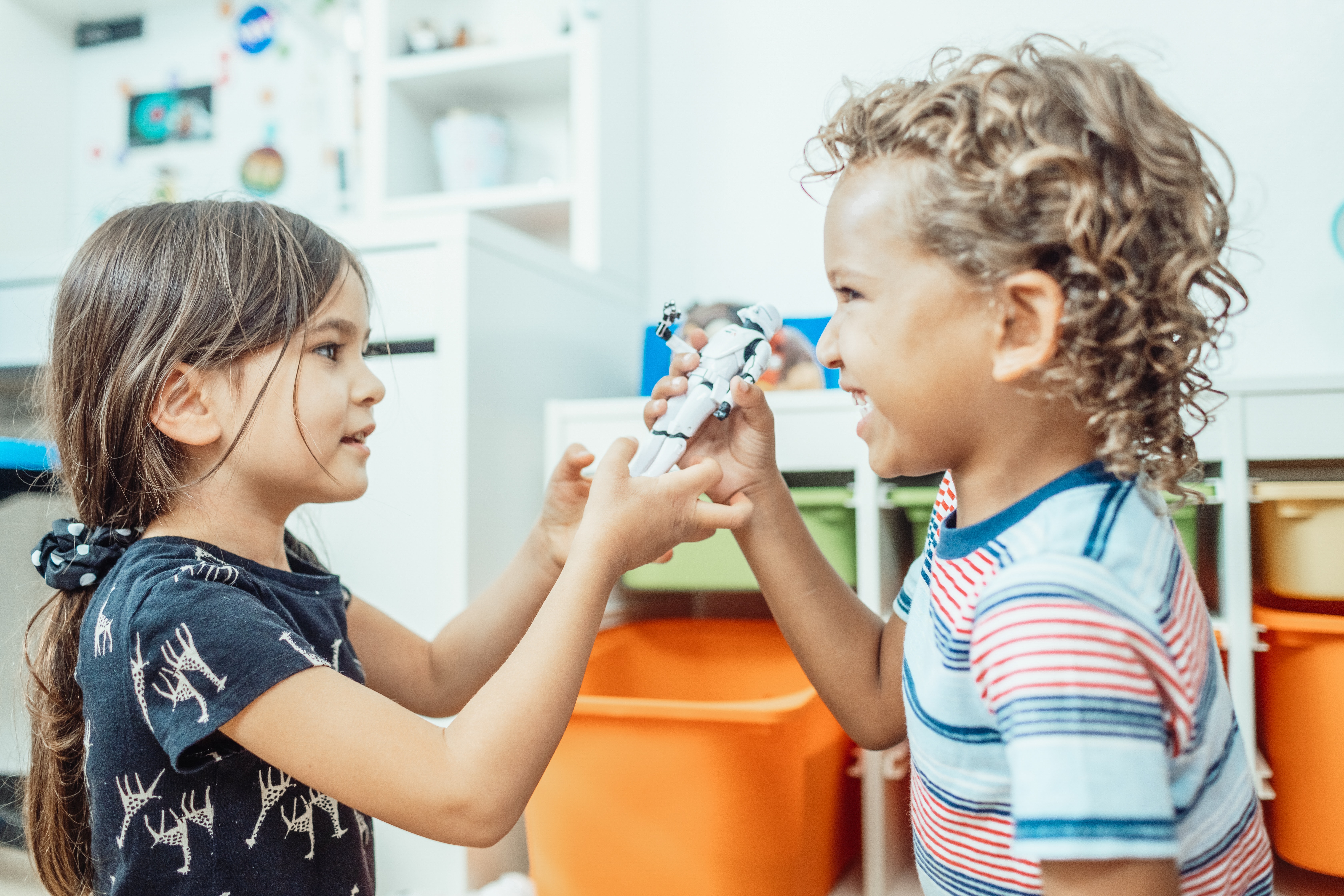Tips On Starting Playdate For Child with Autism

Children with autism have a characteristic disorder in social behavior and communication. They usually need specific interventions to help them learn social and communication skills. Several interventions for children with autism that are common in Indonesia are behavioral interventions with an Applied Behavior Analysis approach, occupational therapy, and speech therapy. In the intervention using Applied Behavior Analysis, one of the skills taught is social skills. Applied Behavior Analysis uses behavioral principles to enhance socially important skills. Some of the principles that have been proven effective are the use of positive reinforcement that provides something that the child likes to increase the behavior in the future, then the prompting principle, which is a systematic way to help children perform these skills, then systematically reduce the provision of assistance to make children become independent. .
The principles of Applied Behavior Analysis can be applied to help improve social skills in your child. For example, when you want to do a playdate, which is a planned play activity for your child for some time. Playdates can be done not only by typical children, but also by children with autism. The following are recommendations based on the principles of Applied Behavior Analysis to increase the success of playdates for children with autism:
- Tell children about the playdate plans and expectations
If your child does not yet have sufficient receptive skills to receive this information, you can provide visuals in the form of a playdate friend's face, the location of the playdate, etc. Visuals are one of the tools that are often used successfully to help children with autism understand concepts.
- Plan playdate activities based on activities that the child likes and is mastered by.
When the child does something he likes and can do, his self-confidence will increase. Children will also find it easier to adapt and start liking this playdate activity compared to starting a play date with activities that children don't like or are just learning.
- Start with parallel play
In parallel play, the target of this activity is that children can play together even though they don't interact, children can play with the same or different toys. By making the target easier, your child will feel more successful than the first time they have been asked to do things that they still can't do or don't like.
- Help your child to be successful during a playdate
When at the playdate location there is a new toy that your child doesn't know how to do, but maybe he likes, you can help your child to play. Help your child communicate his needs. For example, he wants to eat a snack, he wants to go to the toilet, he wants to rest, he wants to play alone. When there are instructions from friends or other people, if necessary help your child to do it. This can be done at the beginning of the playdate to help your child adapt, but slowly this help needs to be reduced so that your child can do it independently
- Reward when your child behaves well
Catch when your child behaves well, follows instructions, calms down to play, and starts doing interaction with friends. Rewards given immediately after your child performs a positive behavior that is expected to increase the likelihood of that positive behavior occurring in the future
Written by: Kunthi Kumalasari Hardi, M.Ed., BCBA. from BehaviorPALS Center
Bibliography:
Lostan, C., & Questel, M. (2022). Clinical Corner: How can I structure playdates for success? Science in Autism Treatment, 19(5).
autism, playdate, social skills,
Children 4 Years - 6 Years / 4 Tahun - 6 Tahun / Social Development / Tumbuh Kembang Sosial / Education / Pendidikan / Tips On Starting Playdate For Child with Autism
Comments













